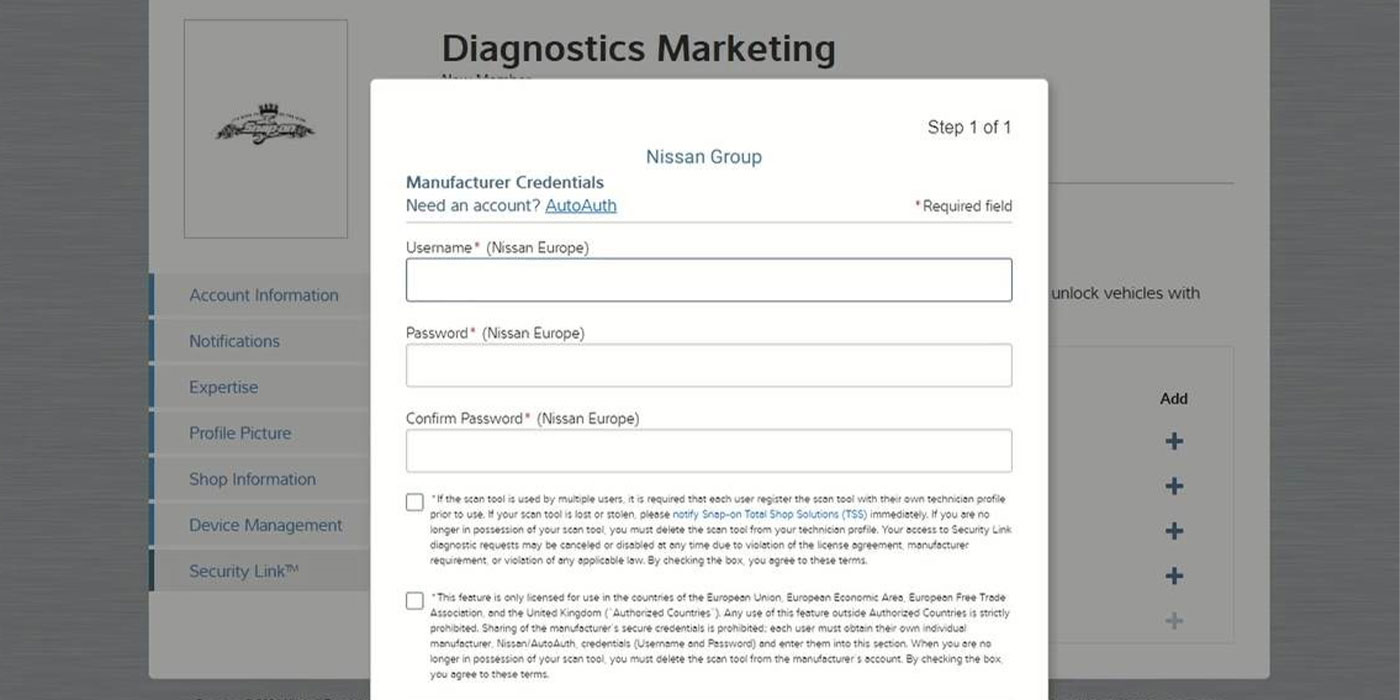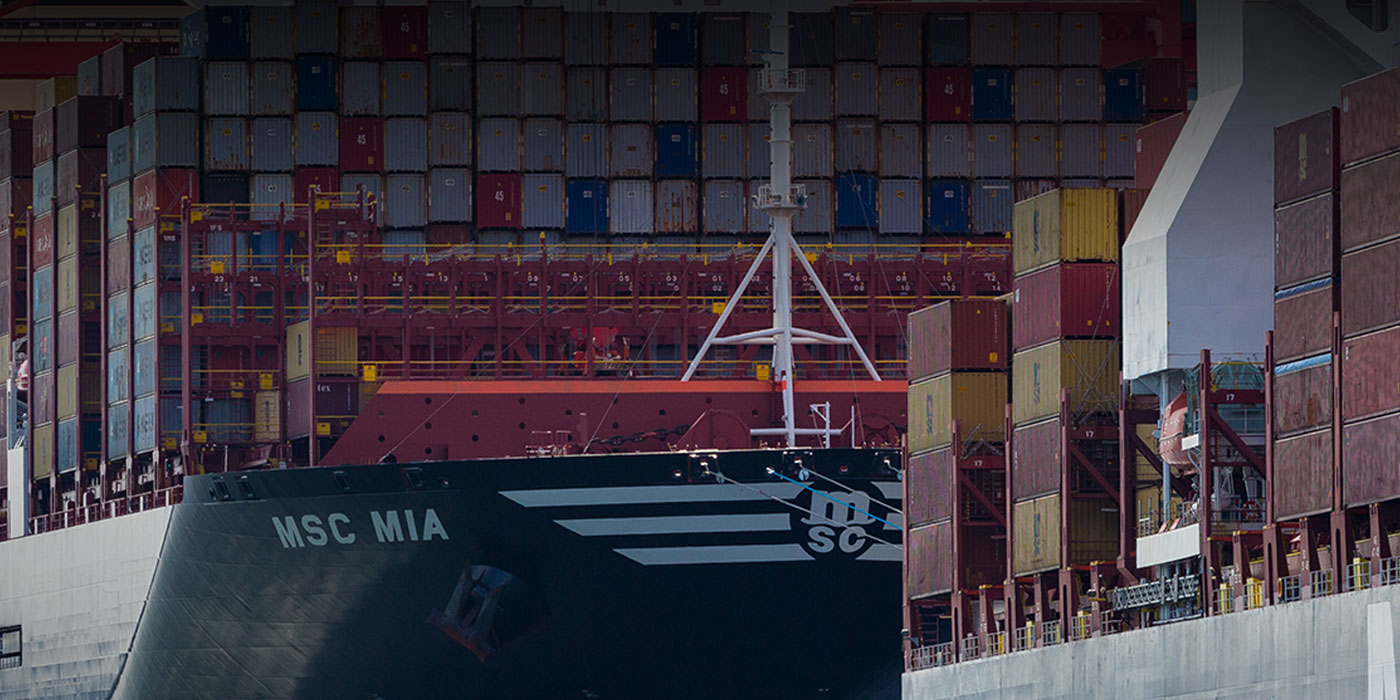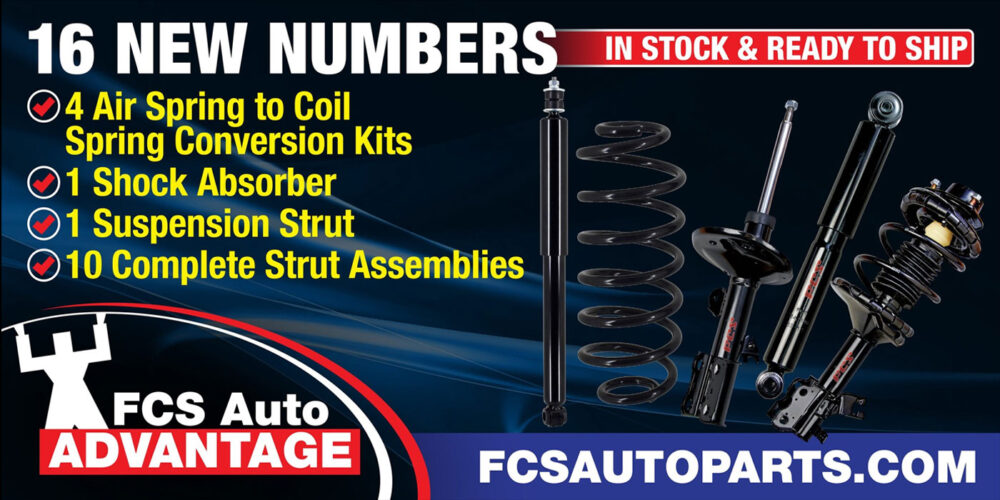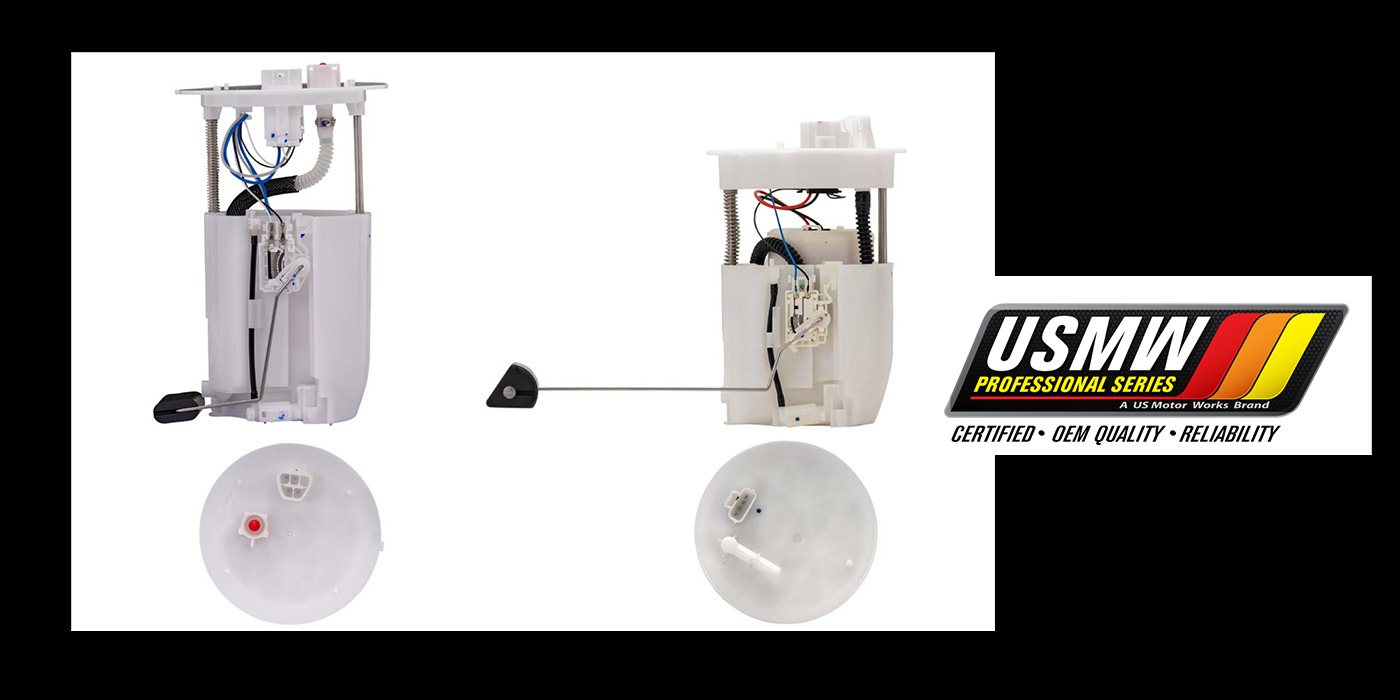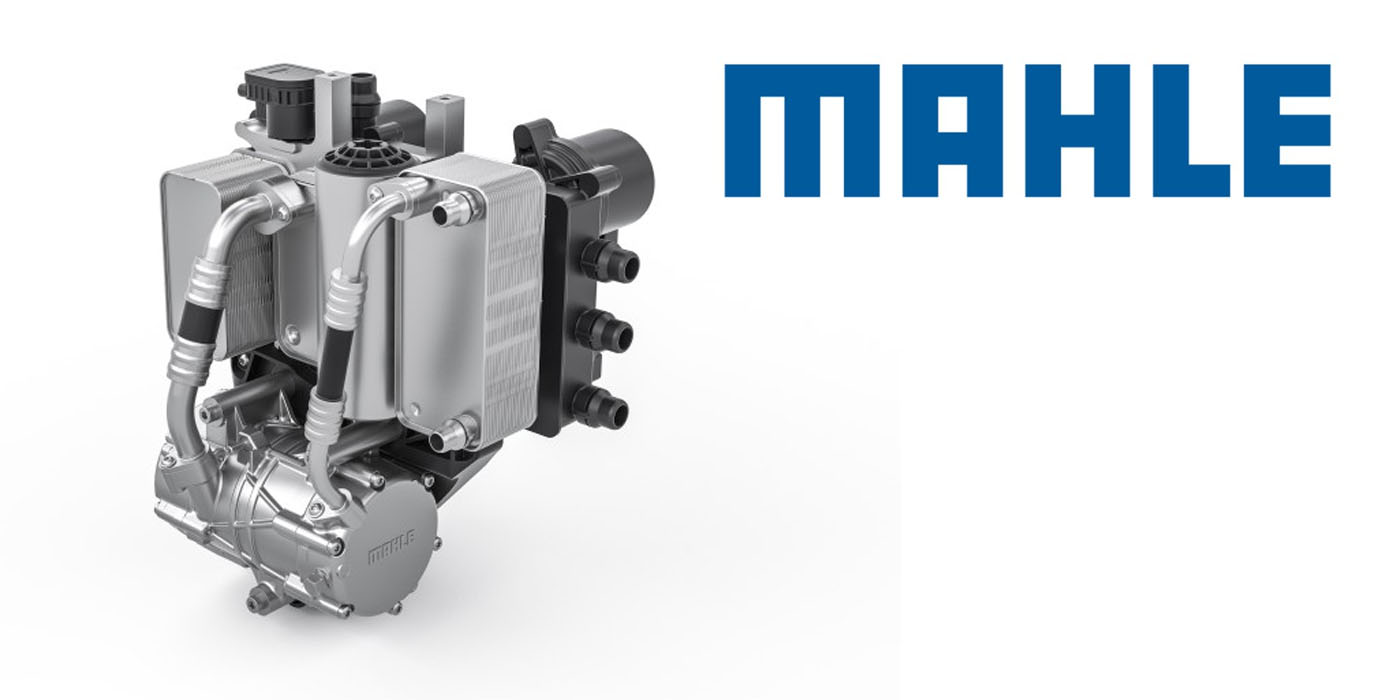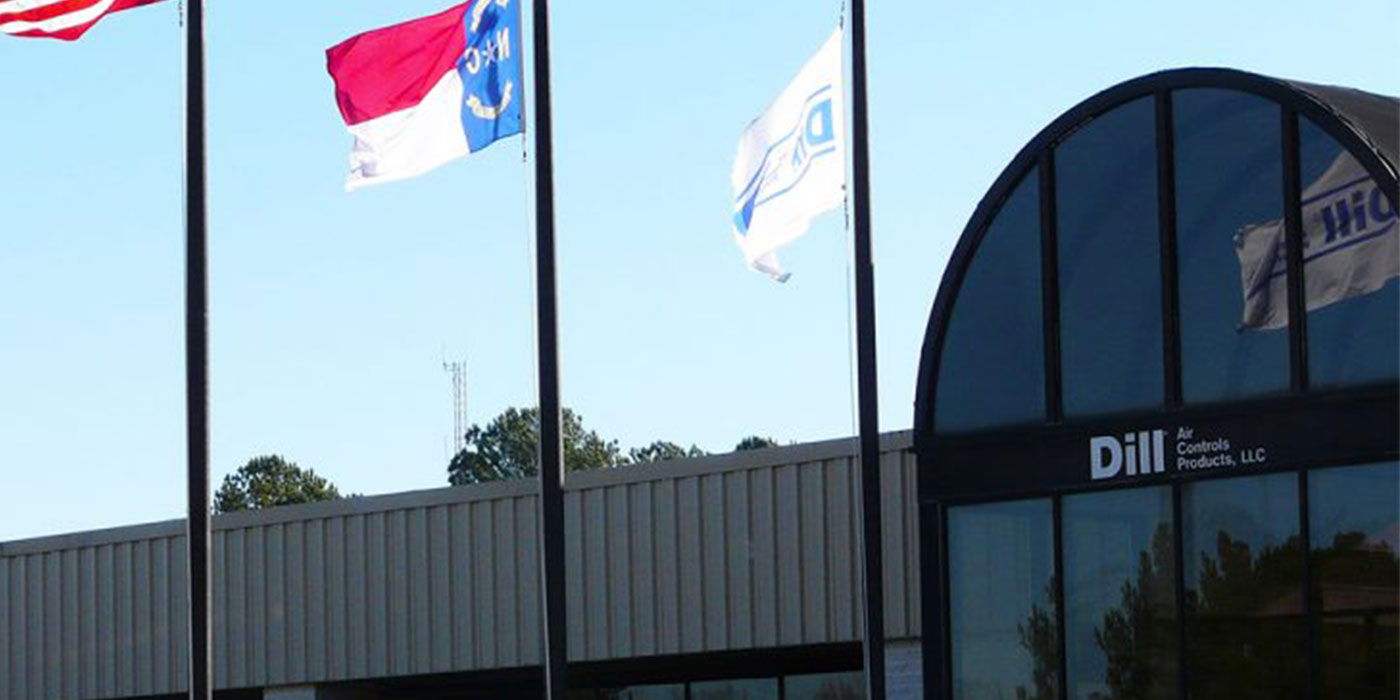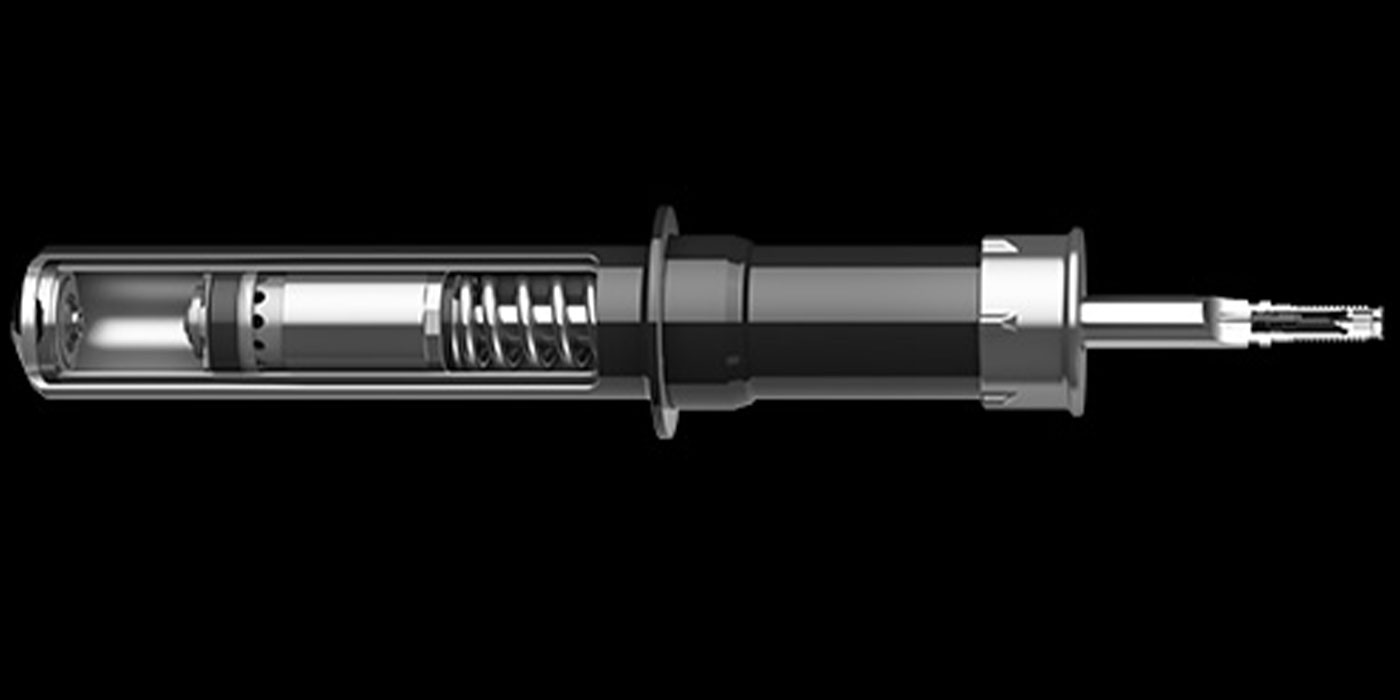DETROIT — Business, nonprofit and advocacy leaders yesterday called for a recovery of the manufacturing sector that includes enacting pro-industry policies and regulation that drive research and development, managing capital and investment, and creating new demand through innovation and globalization. The executives participating in the "Manufacturing Competitiveness" Town Hall at The National Summit in Detroit agreed that economic growth requires the United States to be a manufacturing leader.
The panelists shared ideas and recommended specific actions that would help restore manufacturing’s prominence in the United States:
• Chip McClure, CEO, ArvinMeritor: The future of manufacturing must rely on advancing through innovation, exploration and commercialization, which requires an increasingly sophisticated workforce and government policies to generate continued growth.
• Vikram Pandit, CEO, Citi: Any discussion of manufacturing in America must now include origin and availability of capital. Struggling companies will re-tool and repurpose, and they require plans worthy of investment. The financial community must work together with manufacturers to rebuild for the century ahead.
• John Engler, president of National Association of Manufacturers: The United States remains the world’s largest manufacturing nation, accounting for more than 19.5 percent of global manufacturing output. In 2007, the country produced more volume of products than ever before, and manufacturing represented $1.6 trillion of our economy. However, manufacturing is in recession. Every action the federal government takes to impose new burdens or add new costs makes it more difficult for manufacturers to create jobs and compete in the global economy.
• Deborah Wince-Smith, president, Council on Competitiveness: The global competitive landscape has changed radically and irrevocably. America must prepare for the Age of Innovation, and high value-added manufacturing must play a central role.
According to Engler, the federal government needs to consider the long-term impact that increasing costs, adding new regulations, raising taxes and expanding litigation will have on America’s future economic competitiveness.
"Prosperity comes from building, creating and producing," said McClure. "Tough choices must be made to create a pro-industry climate with policies on trade, taxes, energy, health care, and education that make it competitive for U.S. and foreign manufacturers to build here. An economic downturn is not the time to walk away from 12 million American manufacturing jobs. It’s the time to build."
Wince-Smith added that manufacturers must work toward exploiting nanotechnology, biotechnology and digital revolutions; fulfilling the need for clean energy and energy efficiency; increasing productivity with digitally infused production operations; and deploying high-performance computing that will lower the cost of innovation.
While manufacturing has been leaving the country, the panelists agreed it is important to ensure the departure means globalizing the supply chain, not giving it up. The industry must meet new areas of demand and ensure its position in a balanced, global manufacturing economy.
McClure believes manufacturers must get involved with policymakers and restore confidence in the country’s ability to compete, encourage innovative policies such as incentives to repatriate work, and improve vocational training to meet advanced technology’s needs.
Added Engler, we think competitiveness should be the starting point for the debate in Washington. Policymakers must consider a comprehensive energy policy, a pro-growth tax system, strengthened innovation, expanded trade and reasonable labor policies.

